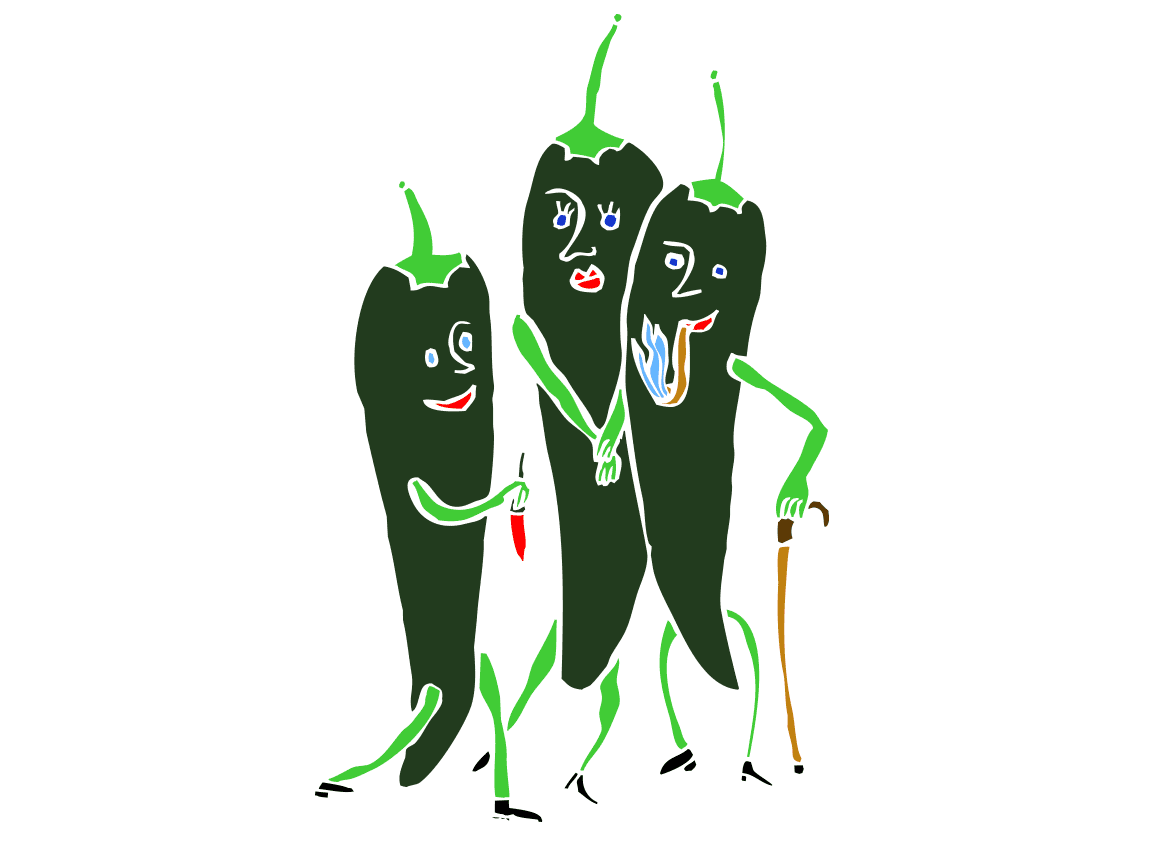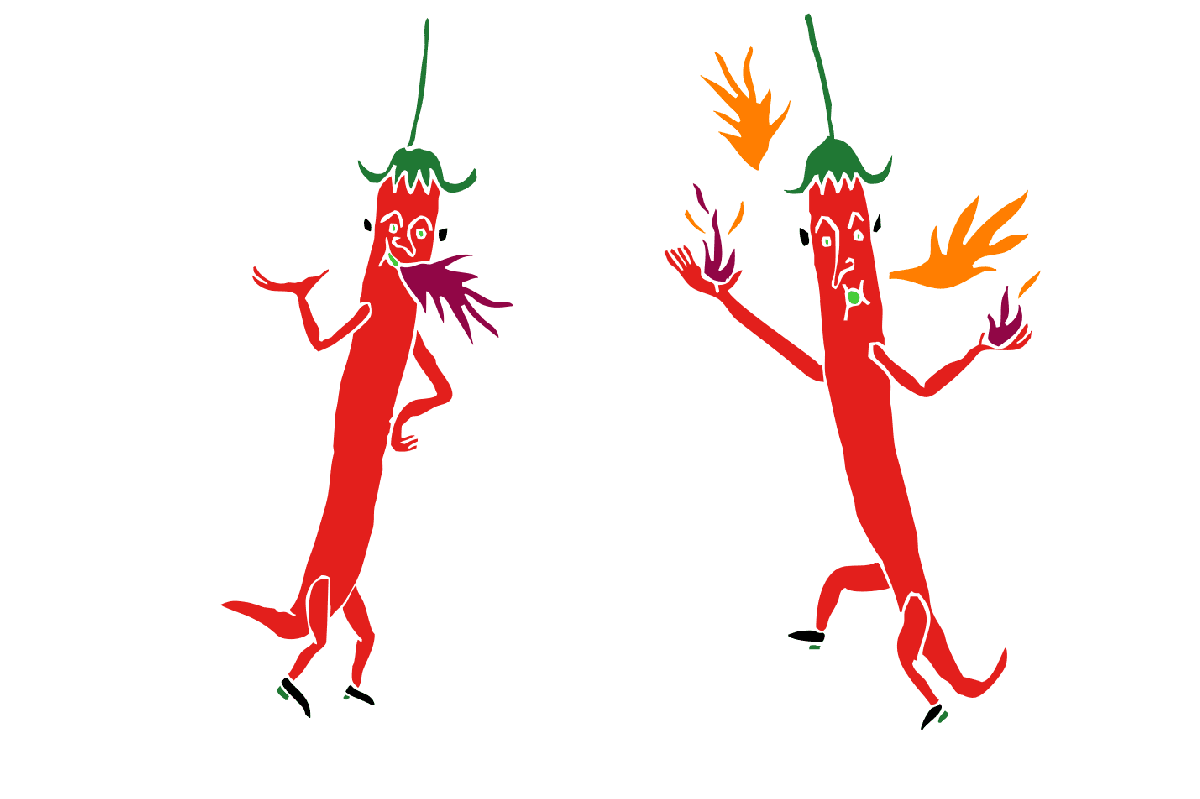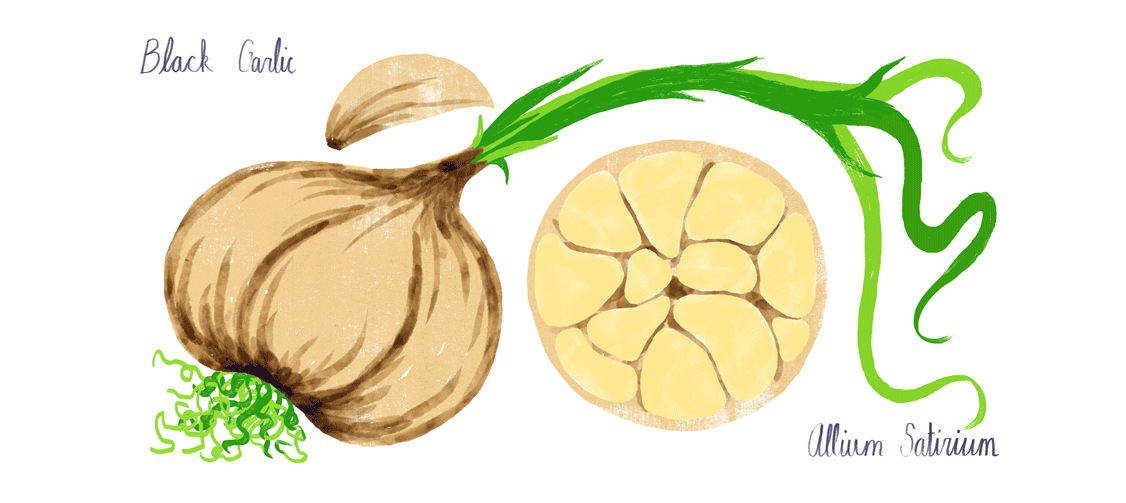Author Archives: Alejandro Cantagallo
What is Black Garlic? | Lucky Peach
A Day In The Life Of Alan Benton, America’s Unofficial King Of Bacon
When food is made with love, you can taste it. So it goes with Benton’s Country Ham, a North Madisonville, Tennessee-based business that produces what many call the best bacon in the country.
via A Day In The Life Of Alan Benton, America’s Unofficial King Of Bacon.
https://youtu.be/kGDLfF1mpu4
Ambitious Winemaker Aims to Create First New World Grand Cru – Eater
/cdn0.vox-cdn.com/uploads/chorus_image/image/46793904/10000-grapes.0.0.jpg)
It will be made with 10,000 new varieties of grapes.
Winemaker Randall Grahm — the founder of Bonny Doon Vineyard in Santa Cruz, Calif. — has launched an Indiegogo campaign to create the first New World Grand Cru. A Grand Cru is a regional classification of wine that denotes “the highest-quality vineyard areas.” Grahm hopes to transform the “unique terroirs” of his Popelouchum Estates in San Juan Bautista, Calif. into a vineyard that achieves the designation.
“If anyone could do it Randal Graham could.”
To do this, he plans to breed 10,000 grape varieties that have not existed before and blend them into a new wine. The campaign explains: “The intention of the breeding program is to incorporate
via Ambitious Winemaker Aims to Create First New World Grand Cru – Eater.
That Ice Cream You’re Buying Might Not Be Ice Cream At All
Who knew ice cream could be so complicated?
At the apex of summer, just when we need ice cream most, we’re reminded that an imposter lurks in the frozen case of the grocery store — a lighter, fluffier concoction called “frozen dairy dessert.”
via That Ice Cream You’re Buying Might Not Be Ice Cream At All.

FDA Bans Some Mexican Cilantro After Human Feces Found In Fields
The Food and Drug Administration is banning imports of some fresh cilantro from Puebla, Mexico, after a government investigation found human feces and toilet paper in growing fields there.
The FDA announced the partial ban Monday after cilantro imported from the state of Puebla was linked to 2013 and 2014 outbreaks of stomach illnesses in the United States. The FDA said health authorities in Texas and Wisconsin also suspect cilantro from the region is responsible for more illnesses this year.
Following up on the outbreaks, U.S. and Mexican health authorities investigated 11 farms and packing houses in Puebla over the last three years. The FDA said it discovered “objectionable conditions” at eight of those firms, including five that were linked to the U.S. outbreaks. The FDA said the officials discovered the feces and toilet paper in fields and found that some of the farms had no running water or toilet facilities.
via FDA Bans Some Mexican Cilantro After Human Feces Found In Fields.
Government Says Food Companies Don’t Have To Disclose GMOs
Food companies would not have to disclose whether their products include genetically modified ingredients under legislation passed by the House Thursday.
The House bill is backed by the food industry, which has fought mandatory labeling efforts in several states around the country. The legislation, which passed 275-150, would prevent states from requiring package labels to indicate the presence of genetically modified organisms, or GMOs.
via Government Says Food Companies Don’t Have To Disclose GMOs.
90 Percent of American Beers Are Made by Just 11 Different Brewers – Eater
The American craft brewing industry is undoubtedly booming, but the beer sector is still overwhelmingly dominated by just a handful of giants: 11 brewers produce 90 percent of all beer sold in the U.S, says MarketWatch.
The report points out that “[w]hen you look at the beer aisle and your local taproom’s beer list, it looks like a broad array of choices” — but giant corporations “are actually narrowing those choices through acquisitions and diversification.” Think, for example, of Anheuser-Busch InBev buying out craft brewers such as Chicago’s Goose Island and Seattle’s Elysian Brewing in recent years.
And while the latest stats on craft beer certainly look favorable — “We’re told that craft beer’s share of the market rose 17.6% last year, accounting for 11% of beer volume and $19.6 billion of the beer industry’s $101.5 billion in sales,” says MarketWatch — the reality is that still, “one of every five beers sold is a Bud Light.”
On the other hand, American craft beer exports are on a major upswing: 2014 saw a 35 percent increase in other countries’ thirst for U.S.-born craft brews, resulting in $99.7 million worth being exported last year (the leading consumer is Canada).
via 90 Percent of American Beers Are Made by Just 11 Different Brewers – Eater.
A History of Hamburger E. Coli Outbreaks | Lucky Peach
E. coli O157:H7 did not burst onto the scene in the early 1990s, as many in the big food business like to think. It slowly crept into our food supply, spreading in the enormous feedlots that began to dot the U.S. landscape during the last century. The bacteria is now endemic and can be found in cows, sheep, and wild animals such as boar, elk, and deer. As few as fifty E. coli O157:H7 bacteria are enough to cause human illness—and as many as 100,000 can fit on the head of a pin.
Once this strain of E. coli makes it into our small intestine, it can damage the intestinal wall, causing severe cramping and bloody diarrhea. In some instances, the toxin that the bacteria releases gets into the bloodstream, damaging red blood cells and causing severe complications like kidney failure, stroke, brain damage, and death.
Are we losing Kimchee?

The fate of South Korea’s kimchi industry rests on whether China considers it pickled or not.
When China reclassified the fermented cabbage dish several years ago, Korean exports of kimchi evaporated. As a pickled product, it did not meet China’s strict import hygiene standards.
Now, China has pledged to reconsider the designation, a concession that could pave the way for a new boom in exports since the two countries sealed a broad trade deal.
The episode over kimchi, a source of deep culinary and cultural pride in South Korea, reflects the sometimes complicated relationship that China has with its neighbors. As China looks to deepen its regional trade ties, such pockets of tension could flare up, creating challenges for its ambitions.
Watch the Reakted Video – http://nyti.ms/1JS2mVy






